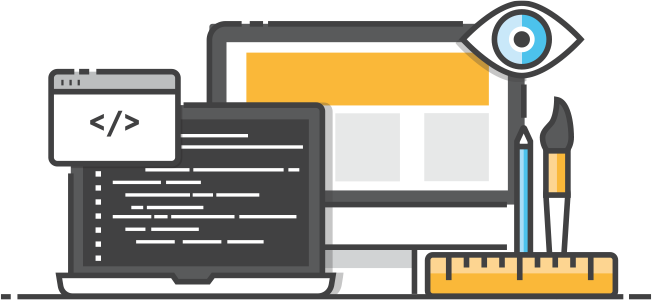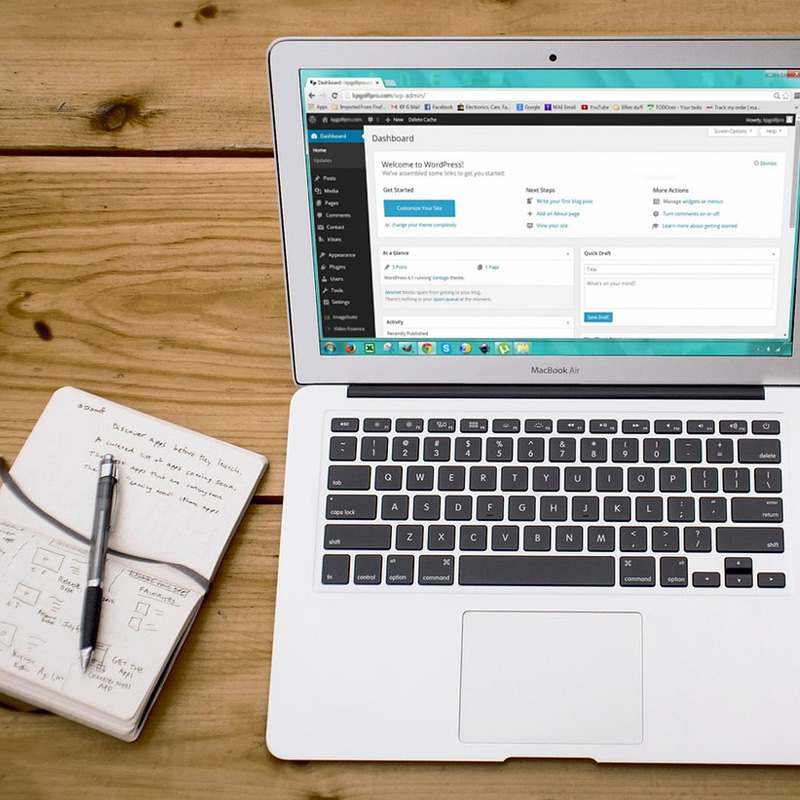 The suite of protection includes:
– Malware Detection – Continuous Security Monitoring Your website will be continually monitored remotely for on page and server hacks, blacklist and WHOIS monitoring, DNS changes and SSL monitoring ( if relevant). We also will receive an immediate alert by email, text and twitter if your website has in anyway been compromised and will immediately be able to remove the malware in many cases before your site is compromised and your customers notice.
– Malware Removal – Website Hack Repair Removal of malware from your site, guaranteed. Availability 24/7/365 and almost all sites fixed within 4 hours. Every person is trained in remediation. When new infections springs up, it’s all hands on deck. -with a globally distributed network of dedicated security researchers and remediation experts.
– Blacklist Removal – repair your google rankings Google alone blacklists 10,000 websites every day. With over 100 blacklisting authorities, that means a lot of websites are being blocked for serving malicious content. When a website is blacklisted, it loses nearly 95% of organic traffic, causing serious risks to your business and it’s brand.
Maintaining your website integrity and reputation is a big responsibility. Blacklisting authorities feel the same way about protecting their users. They will quickly flag your website if they have evidence that it could be harmful. This is most often a malicious payload hidden on your website that could infect visitors, including executable files, trojan horses, phishing schemes, Pharma hacks, and information scrapers. Most of the time, the website owner is not aware that they had been hacked until it is too late.
We remove your website from the blacklist quickly, but that’s not all we do. We continually monitor your website so that if you are ever blacklisted again, you will be the first to know. Your plan includes unlimited cleanup requests, meaning we will always be here to get the job done.
[toggle title=’Click for more details on website security’]
The suite of protection includes:
– Malware Detection – Continuous Security Monitoring Your website will be continually monitored remotely for on page and server hacks, blacklist and WHOIS monitoring, DNS changes and SSL monitoring ( if relevant). We also will receive an immediate alert by email, text and twitter if your website has in anyway been compromised and will immediately be able to remove the malware in many cases before your site is compromised and your customers notice.
– Malware Removal – Website Hack Repair Removal of malware from your site, guaranteed. Availability 24/7/365 and almost all sites fixed within 4 hours. Every person is trained in remediation. When new infections springs up, it’s all hands on deck. -with a globally distributed network of dedicated security researchers and remediation experts.
– Blacklist Removal – repair your google rankings Google alone blacklists 10,000 websites every day. With over 100 blacklisting authorities, that means a lot of websites are being blocked for serving malicious content. When a website is blacklisted, it loses nearly 95% of organic traffic, causing serious risks to your business and it’s brand.
Maintaining your website integrity and reputation is a big responsibility. Blacklisting authorities feel the same way about protecting their users. They will quickly flag your website if they have evidence that it could be harmful. This is most often a malicious payload hidden on your website that could infect visitors, including executable files, trojan horses, phishing schemes, Pharma hacks, and information scrapers. Most of the time, the website owner is not aware that they had been hacked until it is too late.
We remove your website from the blacklist quickly, but that’s not all we do. We continually monitor your website so that if you are ever blacklisted again, you will be the first to know. Your plan includes unlimited cleanup requests, meaning we will always be here to get the job done.
[toggle title=’Click for more details on website security’]
Website Hosting
WE HAVE BEEN CREATING AFFORDABLE, CREATIVE WEB DESIGN IN Bredbury, STOCKPORT FOR OVER 15 YEARS

What type of sectors do we provide website hosting to?
Local Startup Businesses
Charities and Not For Profit
Owner Managed Businesses
What type of customers do we create provide website hosting to?
To find out more about our website hosting please call us on 0161 427 9911 or 07866 017 438 or email [email protected] to see how we can help you
Website design
To help you get found Online
Our Typical Website Prices


Mobile friendly
Your website will look good on any device
All our websites are designed and built to be “Responsive” or mobile friendly so they look good on any device including a large desktop screen, laptop, a tablet or a mobile phone.
Responsive Website Design means that a website is designed and built so that it works on any size screen or device!
Website Security
For piece of mind


Edit and update your own website
So you don’t have to pay someone to do it.
We know how important it is for you to edit your website. We use WordPress which allows you to update content, add photos and videos, change, edit and format the text on your website without having special coding knowledge. Keeping your content up to date and relevant is a great way to improve a website visitors experience and also for Search Engine Optimisation.
You can also edit your website using a mobile phone, tablet, desktop computer or laptop from anywhere you happen to be and we will also show you how to do this we some 1-to1 training.
Search engine Optimised
To help you get found Online
We make sure your website is built so that Google and other search engines such as Yahoo and Bing are able to find it quickly, ensuring your site has a better search ranking than any of your competitors. We understand how search engine optimisation works and can incorporate these tools and important features into your website during the design process. The earlier we can factor this into a website design the better it will be.
Also choosing a domain name (website address) that impacts your audience is vital, we will make sure we choose the best one for you.


Ongoing Support
We are there every step of the way
Website Hosting
Fast, affordable and reliable hosting

Over 18 Years Experience
Local Stockport based Company
We are confident that are prices are one of the most competitive in the Bredbury area for website design. In fact we reckon we wont be beaten on price and will guarantee to beat any like for like quote you have had from an alternative company. Get in touch to find out more.
Get In Touch
Copyright 2024 IF Consultancy UK LTD – All Rights Reserved